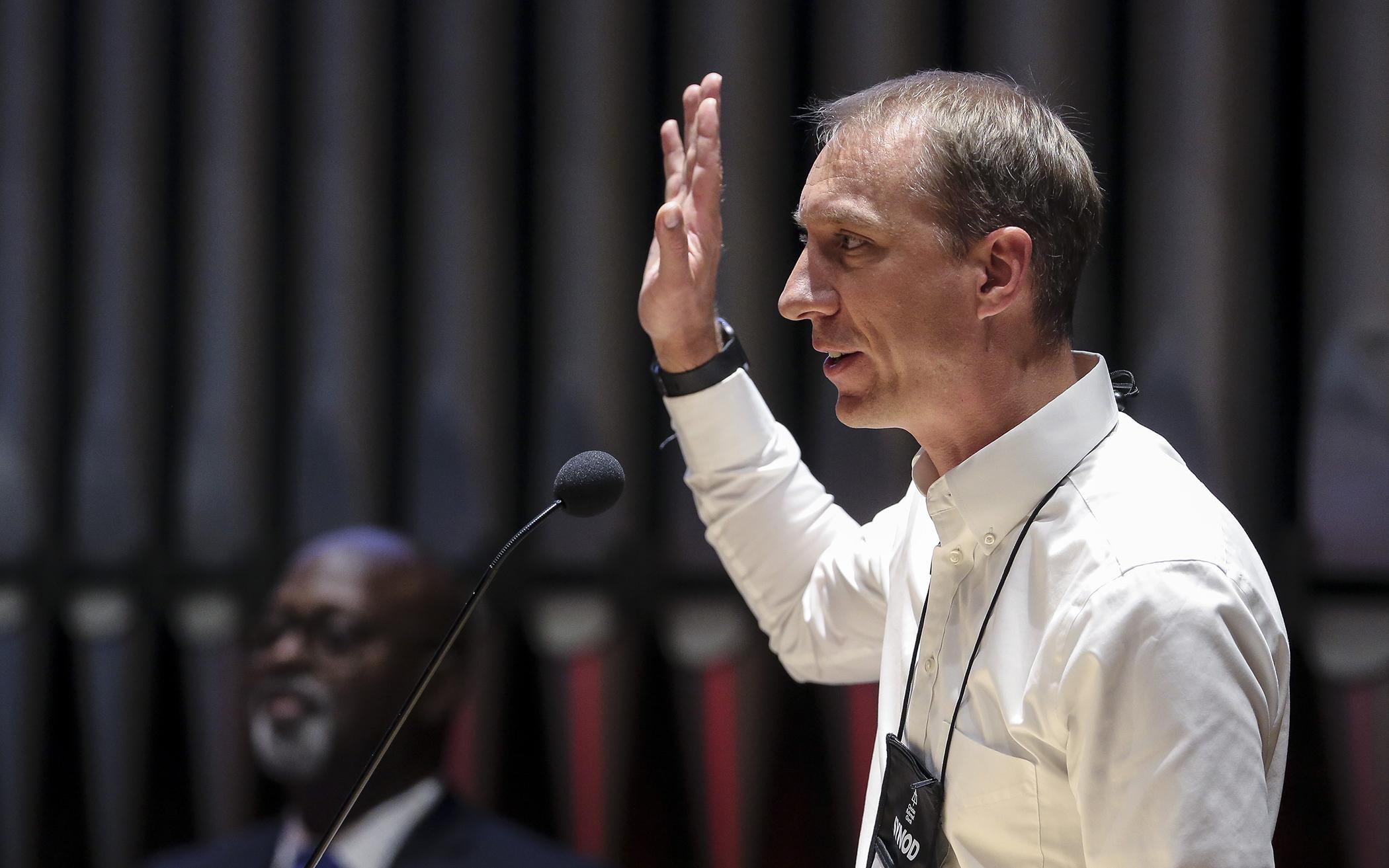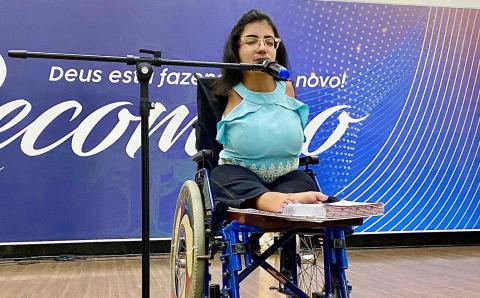With little discussion, Synod 2022 adopted a new governance and leadership structure for the Christian Reformed Church. In fact, the plan has already been put into action by hiring key leaders, since synod was unable to meet the past two years.
The new structure, outlined in the Structure and Leadership Taskforce Report, was prompted by issues of compliance with Canadian tax rules for nonprofit organizations. Leaders also hope the new structure will ameliorate an ongoing struggle over how much autonomy Canadians have in directing CRC ministries in Canada.
The CRC’s Council of Delegates (which serves as synod’s interim committee) in seeking solutions to both issues made significant staff changes “without the ordinary engagement with churches and classes,” a report to synod said. Those measures were necessary because synod did not meet for two years due to the COVID-19 pandemic.
The new structure includes a general secretary, whose office will manage all the ecclesiastical affairs of the church, including ecumenical activities and the committees that report directly to synod. That person is also responsible to work in collaboration with the top executives in the U.S. and Canada.
The general secretary is accountable to the Council and ultimately to synod. Synod 2022 interviewed Zachary King, former director of Resonate Global Mission, and appointed him to be the general secretary.
Canadian delegates on the Council make up the Canada Corporation, and the U.S. delegates make up the U.S. corporation of the CRC. They are the legal entities that govern the various ministry agencies of the binational denomination and supervise their top executives. In Canada, that post is the executive director-Canada, which is being filled for a two-year transition period by Al Postma. The U.S. Corporation appointed Joel Huyser as director of U.S. ministries and operations in addition to his role as interim director of Resonate.
The corporations supervise the ministries of the CRC in their respective countries with joint ministry agreements that are intended to define the separate roles of the CRC in each country.
A top priority of the executive director-Canada will be “looking at the culture, rebuilding relationships, and rebuilding trust,” said Andy de Ruyter, chair of the Council of Delegates. De Ruyter, who is also president of the Canada Corporation, recalled that at Synod 2019 he was just realizing that “we had to make a major change. There were sleepless nights I cannot begin to count.”
De Ruyter praised the new structure plan, saying it “speaks volumes about the good work that was done by so many.”
John Lee, Classis Iakota, who served as chair of the Structure and Leadership Taskforce, noted how quickly synod moved through the structure recommendations. He cautioned, “I want to acknowledge that there is pain that we haven't dealt with,” connected to previous structure decisions. He urged that simply implementing a new structure will not be enough. “Don't trust that this new structure will do the work that we have to do” to heal past hurts, Lee said.
Synod 2022 is meeting at Calvin University in Grand Rapids, Mich., from June 10-16. Find daily coverage from The Banner news team at thebanner.org/synod, download the Banner app on your mobile device, or follow The Banner Magazine on Facebook. On Twitter follow #crcsynod or twitter.com/crcna. Synod is the annual general assembly of the Christian Reformed Church (it did not gather in 2020 or 2021). Connect to the meeting’s livestream, read advisory committee reports, and find other resources at crcna.org/synod.
About the Author
Roxanne VanFarowe is a freelance writer who claims both Canadian and American citizenship and grew up in the Christian Reformed Church. She is a member of Blacknall Presbyterian Church in Durham, North Carolina.









